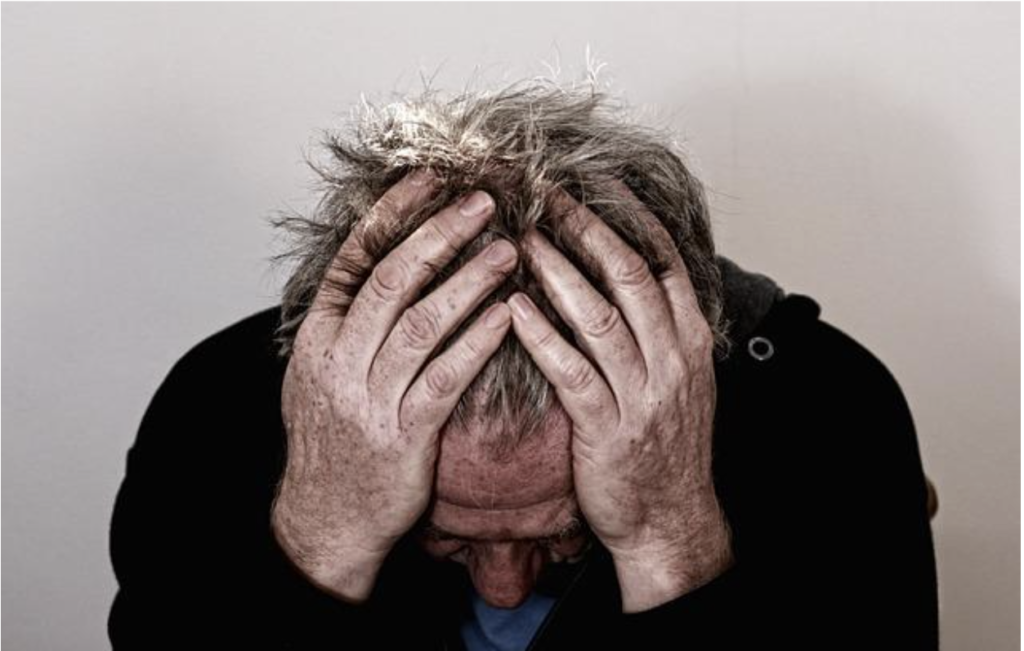
Opioid addiction has become a major public health crisis in recent years, with millions worldwide affected by this chronic and debilitating condition. It can lead to many physical, mental, and social problems, including overdose, infectious diseases, unemployment, and homelessness.
Moreover, opioid addiction can be difficult to overcome, and individuals with this condition are at high risk of relapse even after recovery. Therefore, understanding opioid addiction and how it affects the brain is crucial in addressing this severe health crisis. In this article, you’ll learn what opioid addiction is, how it affects the brain, and the treatments available to overcome this addiction.
What Is Opioid Addiction?
Opioid addiction, or opioid use disorder, is a chronic condition characterized by compulsive opioid use. People with opioid addiction often experience intense cravings for opioids and may experience withdrawal symptoms when they stop using opioids. These withdrawal symptoms include nausea, vomiting, diarrhea, muscle aches, and anxiety. If you or someone you know near Ohio suffers from opioid addiction, you can seek help from Ohio online Suboxone clinic for a quick response.
There is a misconception that only illegal drugs like heroin can cause opioid addiction, but that’s not entirely true. Individuals can develop opioid addiction even from prescription painkillers such as oxycodone, hydrocodone, and fentanyl.
How Opioid Addiction Affects the Brain
Opioids work by attaching to specific brain receptors responsible for controlling pain, reward, and pleasure. When opioids bind to these receptors, they block the transmission of pain signals and produce feelings of euphoria or relaxation.
However, over time, the brain adapts to the constant presence of opioids and demands higher doses to produce the same effects. This condition is known as tolerance, and because of that, the brain becomes less responsive to natural rewards like food, sex, and social interaction.
Additionally, opioids can also cause changes in the brain that triggers compulsive drug-seeking behavior. One of the main changes is a rewiring of the brain’s reward circuitry. This circuitry involves a group of structures in the brain that are responsible for processing reward and motivation. With prolonged opioid use, this circuitry becomes hijacked, and the brain begins to seek opioids instead of other pleasurable activities.
The Cycle of Addiction
Opioid addiction is a chronic condition, meaning that people with opioid addiction can relapse even after completing treatment. This is because addiction affects multiple areas of the brain and can cause long-lasting changes that are difficult to reverse. We can summarize the cycle of addiction with the following stages:
- Experimentation: This stage typically starts when people try opioids for the first time, often in a recreational setting.
- Regular use: In this stage, individuals begin to use opioids regularly to manage pain or achieve the drug’s pleasurable effects.
- Dependence: With prolonged use, the brain becomes dependent on opioids, and people start to experience withdrawal symptoms when they stop using opioids.
- Addiction: In this stage, patients develop a compulsive urge to use opioids, even with negative consequences like legal problems or financial difficulties.
Treatments for Opioid Addiction
Opioid addiction is completely treatable, and several evidence-based treatments are available to help individuals overcome this addiction. Some of the most effective treatments are:
Medications
Doctors prescribe medications such as methadone, buprenorphine, and naltrexone can be used to reduce cravings and maintain abstinence from opioids. These medications work by either mimicking the effects of opioids or blocking the influences of opioids in the brain.
Holistic Approaches
Holistic approaches such as yoga, meditation, acupuncture, and massage therapy can also help manage withdrawal symptoms. In fact, holistic therapies can be extremely effective in managing withdrawal symptoms and promoting overall wellness during recovery from opioid addiction.
Support Groups
Various types of support groups in different areas provide individuals with a supportive community for recovering from opioid addiction. These groups offer a safe space for people to share their experiences, receive encouragement and learn from others who have been through similar struggles.
Behavioral Therapies
Behavioral therapies, including cognitive-behavioral therapy (CBT) and contingency management, help patients identify and change negative thought patterns that lead to addiction. These types of therapy can also help individuals develop new coping skills to manage cravings and avoid relapse.
Residential Treatment
Residential treatment programs provide people with intensive, round-the-clock care for quickly recovering from opioid addiction. Typically, these programs combine medication-assisted treatment and behavioral therapies, lasting from a few weeks to several months.
Preventing Opioid Addiction
To stop the opioid epidemic, it’s crucial to focus on how to prevent opioid addiction. Here are some steps individuals can take to prevent opioid addiction:
Avoid Misusing Prescription Opioids
Only take prescription opioids as directed by a healthcare provider, and don’t share your personal prescription with others. If you have concerns about the safety or effectiveness of your prescription, imminently talk to your healthcare provider.
Use Non-opioid Pain Management Options
If you are experiencing pain, talk to your healthcare provider about non-opioid pain management options. In fact, non-opioid pain management options such as physical therapy, exercise, and various relaxation techniques can effectively mitigate pain.
Educate Yourself and Others
Learn about the risks of opioid addiction and share this information with friends, family, and community members. This can include information about safe prescribing practices, the risks of opioid misuse, and the signs and symptoms of opioid addiction.
Conclusion
Opioid addiction is a serious and growing problem that affects individuals and communities across the globe. Understanding how opioids affect the brain and contribute to addiction is key to developing effective prevention and treatment strategies. With more knowledge about opioid addiction, we can work together to support those in recovery.
Published by HOLR Magazine.


